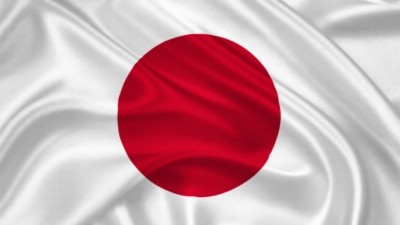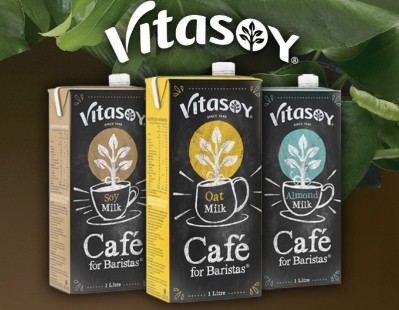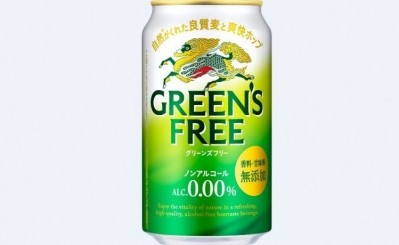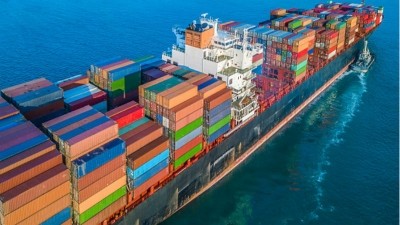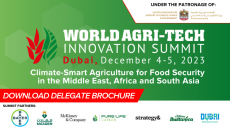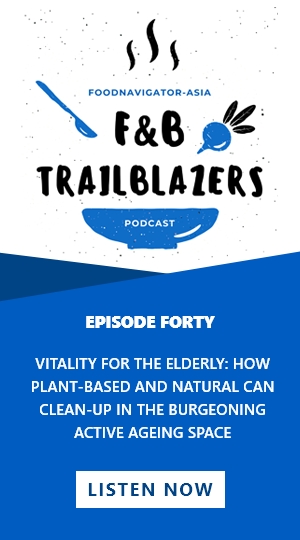Free trade failure: APAC leaders decline to prevent food export bans amid Russia-Ukraine crisis
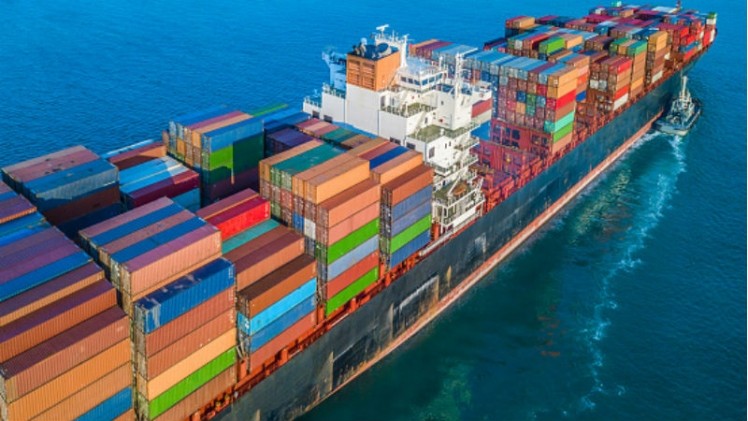
Unsanctioned food export bans were a prime topic of conversation at the most recent Asia Pacific Economic Cooperation (APEC) Ministers Food Security conference, chaired by Thailand Minister of Agriculture and Cooperatives Dr Chalermchai Sri-on.
Although no fingers were pointed at specific markets at the meeting, in recent months there has been rising tension in the region with key food commodity suppliers implementing export bans unsanctioned by the region, such as Malaysia’s recent ban on chicken exports, which caused uproar in Singapore for a time; and India’s ban on wheat exports which caused waves amid global shortfalls due to the Russia-Ukraine conflict.
Such export bans were called out for being obstructive in the region’s plans for growth and recovery, and Sri-On urged all countries were urged to refrain from such measures.
“The role of trade is [crucial] to ensure global food security,” he said via a formal APEC Food Security Chair statement.
“As such, we support efforts to ensure the unimpeded global trade of food as well as the stability of the food supply chain [and] highlight the importance of a free, open, fair, transparent, predictable, rules-based, and non-discriminatory multilateral trading system, underpinned by WTO rules.
“In this regard, and as [previously] agreed to at the Ministerial Declaration on the Emergency Response to Food Security from the twelfth WTO Ministerial Conference [by all markets here], we reaffirm the importance of not imposing export prohibitions or restrictions in a manner inconsistent with relevant WTO provisions.”
Unfortunately, despite the strong emphasis placed on this by Sri-On as the meeting’s chair, no further stronger action or guarantee was put in place to deter or prevent similar occurrences from recurring moving forward, or remove any such export bans currently still in place.
A strong sign of potential disregard for this statement was the fact that no final agreement was reached on the issuance of a joint statement for this meeting - meaning that the council failed to reach an agreement to jointly stop export bans, resulting in no joint statement being released and Sri-On releasing a Chair’s statement several days after the meeting concluded in the end – which does not bode well in terms of stopping future export bans.
Russia-Ukraine crisis
Various country representatives did however strongly condemn Russia’s invasion of Ukraine and its impacts on an already-staggering global economy, causing these protectionist measures to even be considered by different producer markets.
“The stability of the global good supply is already at jeopardy from the effects of climate change and COVID-19, and Russia’s invasion of Ukraine is only aggravating it – this is strongly condemned by Japan,” Japan’s representative to APEC Tetsuro Nomura for the Ministry of Agriculture, Forestry and Fisheries (MAFF) said.
“Due to this severe situation, it has become ever more important for each country and region to maximise utilization of their local resources and strengthen local agricultural production.”
It also joined Australia, Canada, New Zealand, South Korea and the United States in issuing a separate statement condemning Russia’s war against Ukraine ‘in the strongest terms’, accusing this of having accelerated the global food insecurity situation.
“A rise in global food insecurity – exacerbated by Russia’s invasion, deliberate limiting of Ukraine’s exports, destruction of vital agricultural infrastructure, and seizing of equipment and vital food staples – is being felt around the world, and disproportionately by the most vulnerable,” said the statement.
“We strongly urge Russia to immediately cease its use of force and completely and unconditionally withdraw all its military forces and equipment from Ukraine. In doing so, we reaffirm the importance of the rules-based international order that underpins an open, dynamic, resilient, and peaceful Asia-Pacific region.”
This statement also called for export bans to be avoided – the six countries involved have all been affected by reduced imports to some extent.
“We emphasise the importance of avoiding the imposition of export prohibitions or restrictions in a manner inconsistent with relevant World Trade Organisation provisions,” it stated.

